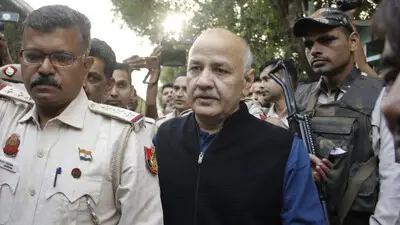Recommended Stories
Lima (Peru): Amid rising emissions and 2014 threatening to be the hottest year in history, India and representatives from over 190 nations began talks at the UN climate summit on a new ambitious and binding deal to cut global carbon emissions ahead of next year's deadline.
The 12-day meeting has to agree on a draft agreement which would form the cornerstone of a historic deal to be signed in Paris in December 2015 and take effect by 2020.
During the opening ceremony, Executive Secretary of the UN Framework Convention on Climate Change Christiana Figueres asked negotiators to "make history" at the Peru Summit.
"We need to put on the table the draft of a new universal climate agreement," she told delegates.
"2014 is threatening to be the hottest year in history and emissions continue to rise. We need to act urgently."
UN-member states have vowed to limit global warming to two degrees Celsius over pre-Industrial Revolution levels.
Last week, the US scientific agency National Oceanic and Atmospheric Administration had warned that the world could witness the hottest year this year with the first 10 months of 2014 being the warmest since record keeping began more than 130 years ago.
The average global temperature between January and October has been 0.68 degrees Celsius higher than the 20th century's average global temperature of 14.1 C.
The Peru summit comes weeks after US President Barack Obama and his Chinese counterpart signed a historic deal in November under which the US would reduce emissions by 28 per cent by 2025 and China would reduce emissions by 2030.
The agreement between the two biggest polluters will provide momentum, and pressure, for other countries to announce similar plans.
As the third-largest emitter, India is at the forefront of the conference because it has yet to announce a post-2020 climate action plan.
How India reacts to the recent US and China climate deal is the focus of many at the Lima talks as it is seen as the country with the potential for the largest impact on future emissions and the fate of a cohesive Paris agreement.
Figueres said that any Intended Nationally Determined Contributions (INDCs) countries need to make sure "adaptation is at the same level as mitigation", an important negotiation sticking point for India and other developing countries.
She also noted that developed country negotiators should strive to "strengthen the financial capacity of the most vulnerable."












